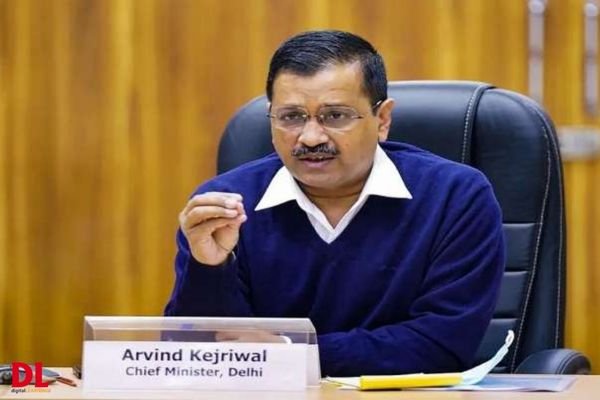The Enforcement Directorate (ED) has taken legal action against Arvind Kejriwal, the Chief Minister of Delhi and Aam Aadmi Party (AAP) chief, for failing to appear for questioning in connection with the Delhi excise policy money laundering case. The latest development includes a complaint filed by the ED in Delhi’s Rouse Avenue Court against Kejriwal, who has skipped five summons issued by the agency. Here are the key developments in the ongoing case:
Complaint Lodged by ED: The ED moved a Delhi court and filed a complaint against Arvind Kejriwal for not complying with the five summons issued by the agency in connection with the Delhi liquor policy money laundering case. The complaint focuses on Kejriwal’s non-compliance with the investigative process.
Court Hearings: The matter was brought before Delhi’s Rouse Avenue Court, where some submissions were heard on Saturday. The court has scheduled the remaining submissions and consideration for February 7, indicating an ongoing legal process.
Kejriwal’s Absence: The latest legal action follows Arvind Kejriwal’s absence from the fifth ED summons. Instead of appearing for questioning, Kejriwal joined AAP leaders and workers in a protest near the Bharatiya Janata Party (BJP) headquarters on DDU Marg.
AAP’s Response: The AAP asserted that Arvind Kejriwal would not comply with the ED summons, terming the notices as “illegal.” The political party accused the BJP of attempting to topple the Delhi government by orchestrating Kejriwal’s arrest.
Allegations of Political Motivation: The AAP alleges that Prime Minister Narendra Modi aims to arrest Arvind Kejriwal and destabilize the Delhi government. The party stands firm against what it perceives as political motivations behind the summons.
Legal Proceedings: The court hearings will play a crucial role in determining the legal consequences of Kejriwal’s non-compliance. The ED seeks to record Kejriwal’s statement in the money laundering case related to alleged irregularities in the Delhi excise policy.
Case Background: The case is based on an FIR alleging multiple irregularities in the formulation and implementation of the Delhi excise policy (2021-22). The ED is investigating issues such as policy formulation, meetings leading to its finalization, and allegations of bribery.
Charge Sheet and Political Implications: In a recent charge sheet, the ED claimed that the AAP used kickbacks worth ₹45 crore generated through the excise policy as part of its election campaign in Goa. The case has led to the arrest of AAP leaders Manish Sisodia and Sanjay Singh.
Kejriwal’s Prior Summonses: Arvind Kejriwal has previously skipped four summons issued by the ED on January 18, January 3, November 2, and December 22. The ED’s efforts to record his statement have faced resistance from the AAP leadership.
Political Reactions: BJP leaders criticized Kejriwal’s absence, labeling it as an attempt to evade answering to the probe agency. The political discourse surrounding the case highlights the tensions between the ruling AAP and the opposition BJP.
The developments underscore the legal challenges and political ramifications surrounding Arvind Kejriwal’s involvement in the money laundering case. As the legal proceedings continue, the case has broader implications for the political landscape in Delhi.














